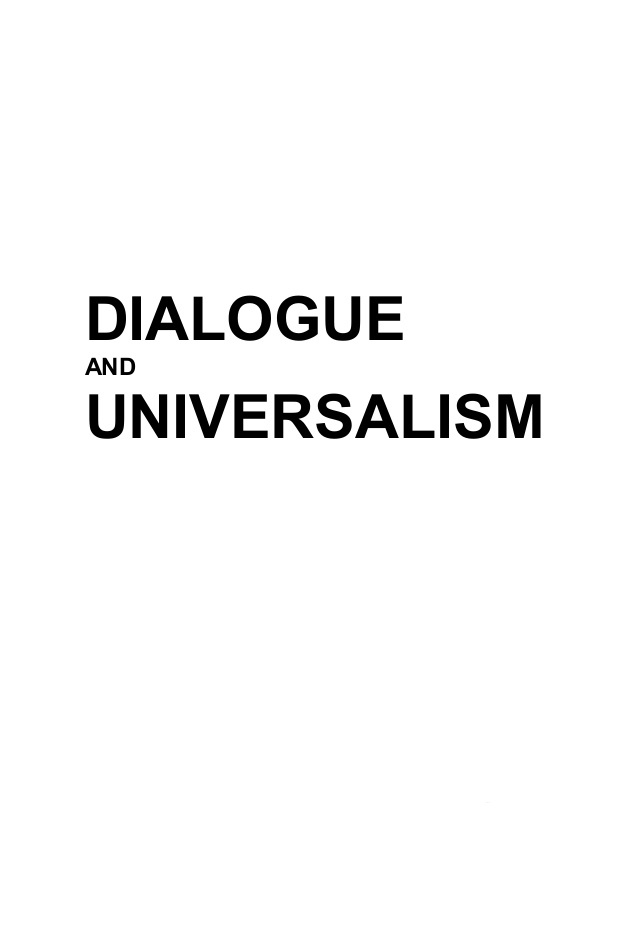BENEDICT DE SPINOZA’S VIRTUE: SPRINGBOARD FOR MODERN VALORIZATION OF ETHICAL RELATIVISM
BENEDICT DE SPINOZA’S VIRTUE: SPRINGBOARD FOR MODERN VALORIZATION OF ETHICAL RELATIVISM
Author(s): Columbus OgbujahSubject(s): Philosophy
Published by: Instytut Filozofii i Socjologii Polskiej Akademii Nauk i Fundacja Filozofia na Rzecz Dialogu
Keywords: Enlightenment; virtue; anti-realism; ethical relativism; objective truth
Summary/Abstract: Benedict de Spinoza (1632–1677) was about the most radical of the early modern philosophers who developed a unique metaphysics that inspired an intriguing moral philosophy, fusing insights from ancient Stoicism, Cartesian metaphysics, Hobbes and medieval Jewish rationalism. While helping to ground the Enlightenment, Spinoza’s thoughts, against the intellectual mood of the time, divorced transcendence from divinity, equating God with nature. His extremely naturalistic views of reality constructed an ethical structure that links the control of human passion to virtue and happiness. By denying objective significance to things aside from human desires and beliefs, he is considered an anti-realist; and by endorsing a vision of reality according to which everyone ought to seek their own advantage, he is branded ethical egoist. This essay identified the varying influences of Spinoza’s moral anti-realism and ethical egoism on post-modernist thinkers who decried the “naïve faith” in objective and absolute truth, but rather propagated perspective relativity of reality. It recognized that modern valorization of ethical relativism, which in certain respects, detracts from the core values of the Enlightenment, has its seminal roots in his works.
Journal: Dialogue and Universalism
- Issue Year: 2021
- Issue No: 2
- Page Range: 107-122
- Page Count: 18
- Language: English

